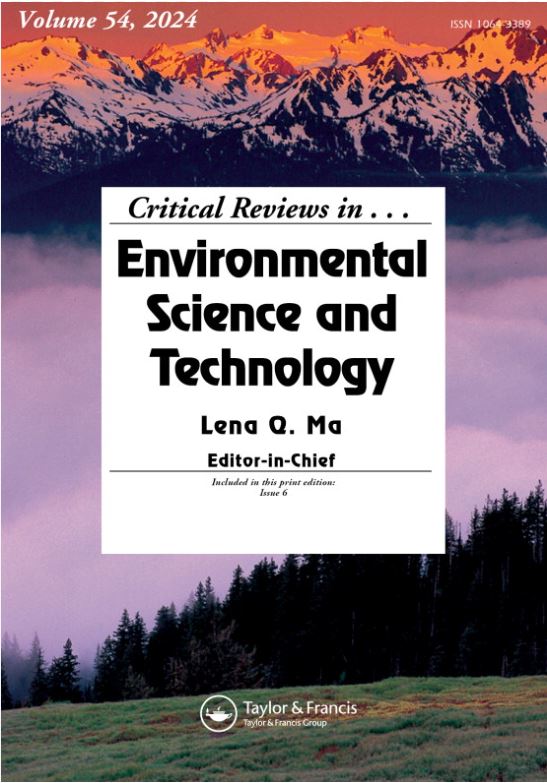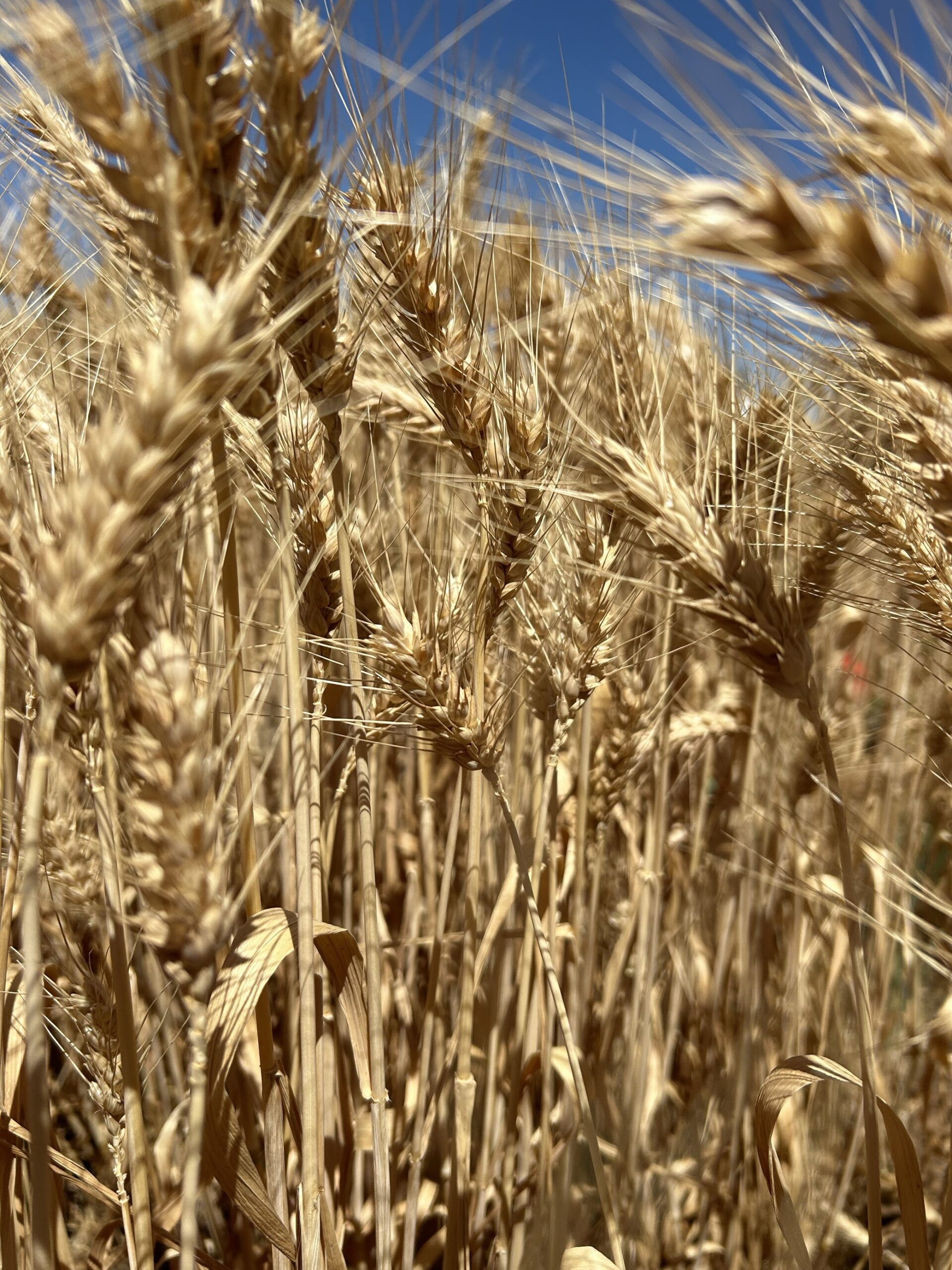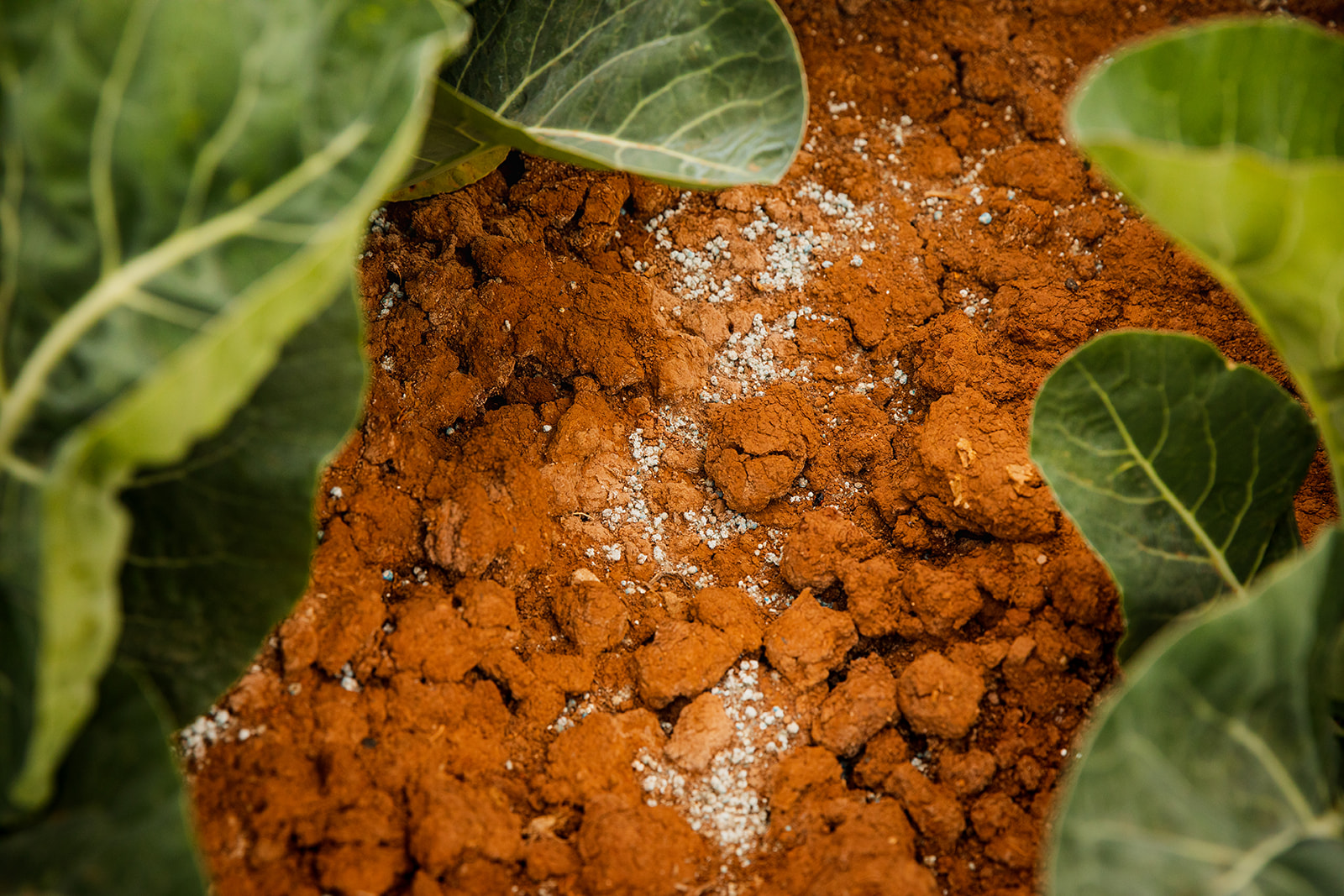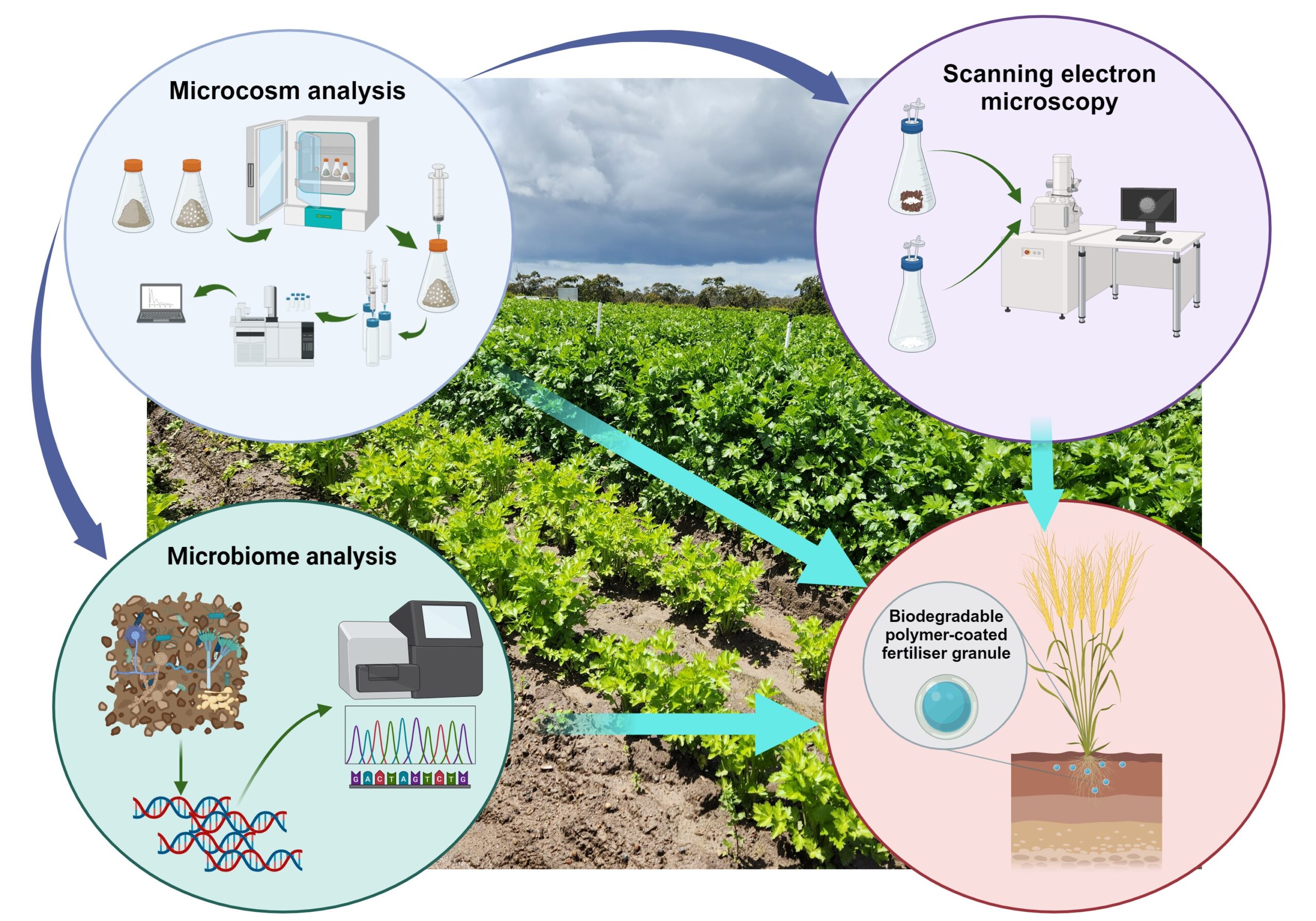Disentangling the effect of nitrogen supply on the priming of soil organic matter: A critical review
Yunyun Zheng, Jian Jin, Xiaojuan Wang, Peter M. Kopittke, James B. O’Sullivan & Caixian Tang. “Disentangling the effect of nitrogen supply on the priming of soil organic matter: A critical review.” Critical Reviews in Environmental Science and Technology. DOI: 10.1080/10643389.2023.2266312
The addition of fresh substrates can alter the decomposition of the native soil organic matter, referred to as the priming effect (PE). It is a crucial process within the cycling of soil organic carbon (C) and believed to be regulated by nitrogen (N) input. However, the direction and magnitude of this N effect on the PE are complex due to the involvement of various factors following N addition into the soil. This review synthesizes the key factors driving the responses of the PE to N addition from the perspective of C-substrate quantity and quality, N addition rates and forms, soil properties including organic C stability, N availability, electrical conductivity, pH and pH buffer capacity. The temporal change in the N effect on the PE is also discussed. In studies observing a suppressive effect of N addition on the PE, the role of N addition in directly suppressing microbial community metabolism (e.g., osmotic stress and low pH) has been largely ignored. We propose the application of multi-omics techniques to examine the relationship between microbial functional traits and soil C cycling through the PE and its response to N addition, as well as the application of spatial omics and imaging techniques in exploring the connection between in-situ soil C distribution and the PE and its response to N addition. Such studies can potentially elucidate how elevated atmospheric CO2 may affect the PE and thus soil C stock via increasing plant C input and regulating nutrients sources for plant uptake under N inputs.




